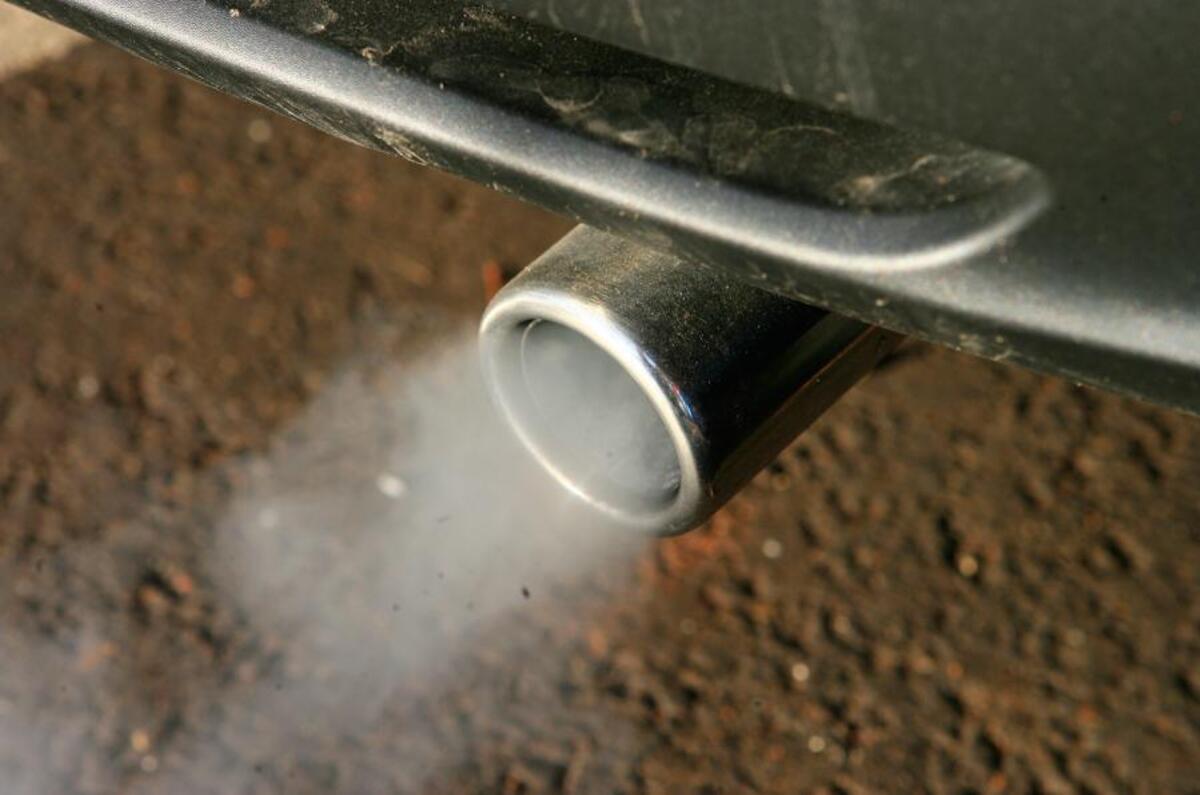Carbon dioxide (CO2) makes up the vast amount of emissions from your car’s tailpipe, and this has formed the basis for car taxation policy in recent years and has therefore received the most publicity. New car CO2 emissions in Europe have to average 95g/km by 2021.
Carbon monoxide (CO) is another wellknown pollutant from a car’s exhaust, one that contributes to smog but one that catalytic converters have helped to reduce from cars considerably. EU6 emissions regulations place limits on CO at 0.5g/km for diesels and 1.0g/km for petrols, which produce more of it.
London Ultra Low Emission Zone start date announced
Nitrogen oxides (NOx) — which include nitrous oxide (N2O) and nitrogen dioxide (NO2) — is what hit the headlines, with VW cheating the emissions testing system in the US and beyond by making the cars produce up to 40 times less NOx when undergoing emissions tests than in the real-world. AdBlue and other aqueous urea solution systems are designed to reduce NOx emissions, which are limited to 0.08g/km in diesels and 0.06g/km in petrols.
Is it time to give up on the diesel engine?
Particulates — tiny particles of solid or liquid matter — are produced mainly by diesel engines, and in trace amounts in petrols. They range from plain old soot to much more toxic substances and are a major health concern that particulate filters have sought to reduce. EU6 caps these at 0.005g/km.
Greed, lies and deception - the VW Dieselgate scandal laid bare
Hydrocarbons (THC and NMHC), including benzene and isooctane, are also in exhaust gases. These are effectively unburnt fuel molecules and many are highly toxic. Other emissions found in small amounts include sulphur dioxide (SO2), nitrogen (which isn’t harmful) and water vapour.








Join the debate
Add your comment
Diesel Engine
it was lies to begin with and feeding the corporates
It seems manufacturers, oil companies, the governments have pocketed a lot of money from this diesel boom, and now the government has an excuse to bump up taxes on diesels for being harmful now? i wonder what these scientists are being paid for...to stay quiet?
Someone be it a corporate or government institute or an associate organisation needs to be held accountable for this. if the evidence shows that they knew in hindsight about these harmful gases then they should be punished. I'd rather prefer an media outlet do some investigative journalism into this than just point out the obvious on what we already know about few months back.
Nitrogen
OK, it isn't a pollutant, but it is still emitted.